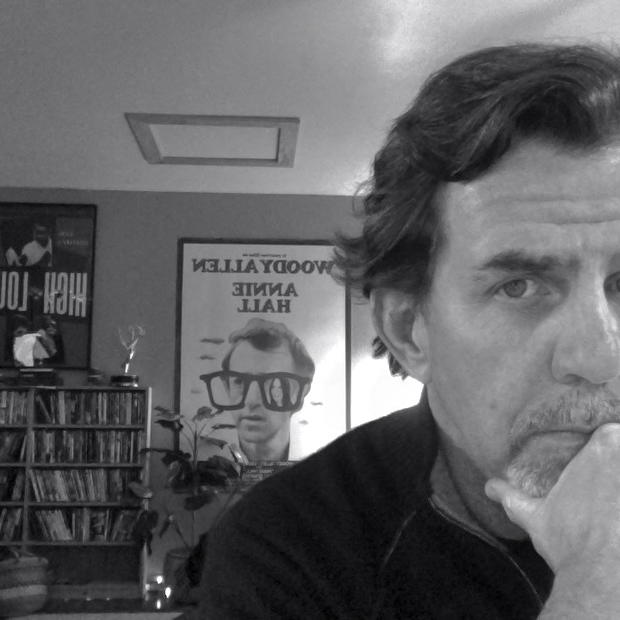Matt Smith describes his one-man show, My Last Year With the Nuns, as the coming-of-age story of a “13-year old white boy” in the racially-charged 1960s. The imaginative and resourceful movie version, which played SIFF last spring, begins a theatrical run Friday at Northwest Film Forum. Film critic Rustin Thompson talked to Smith about the making of the film.
You first performed your one-man show, My Last Year With the Nuns, in 1997. Why did you decide now to make the movie version?
I wasn’t looking to do it all. I was done with it. But (producer) Michael Seiwerath asked me if I wanted to make this film and he would produce it. I helped raise the money and asked friends to donate. We then brought (director) Bret Fetzer in to do it. I didn’t think it would work. But they really did a nice job with it. Think how bad this could have been!
The movie is visually very surprising. It’s not just you on a stage. There are lots of locations and the style is consistently inventive. Was all that your idea?
Bret drove the idea of what we would shoot and where. I would have chosen to do large chunks in the play in different locations, but Bret knew exactly what words he wanted where. The only parts that we kept on the stage are the parts that wouldn’t have been improved on location. The parts that are on location are so much more dynamic.
Was it exhausting?
We worked 8 hour days and shot for 3 weeks. The only problem was I was recovering from pneumonia. But Bret said that was good because he didn’t want me hamming it up. My performance was consistent which helped Bret and the cameraman (Ben Kasulke) tell the story on film.
The movie seems very Seattle-centric. Won’t you have a hard time convincing audiences elsewhere to see it?
Not true! I performed the play in London, France and New York. I got the best reviews I could get in New York. If you’re specific about a place then the story is universal. If you’re vague then no one is going to get it. People from all over see this and they can relate. A friend described it as perfectly displaying “the disorganized pre-frontal cortex of a 13-year old boy.”
What was your reaction when you first saw the finished film?
I was relieved. My great fear was the film wouldn’t get finished. I had an experience a few years ago when I raised $3,000 and made a film but it just wasn’t very good. I felt horrible about not putting it out. Once I saw this I thought, “This is really good.” You can see how many ways this could have gone wrong. I sat in on the editing for the first few days but then it became clear it went a lot faster once I wasn’t there. There were a couple of things I wanted to make sure were attended to, mainly the order of things. First was the story, second was the performance, third was the beauty. Sean Donavan, the editor, was just incredible.
Are you still a Catholic?
The title, My Last Year With the Nuns, makes you think it’s just a story about priests and nuns. Some people feel betrayed when they see it! I’m living with my wife and my 93-year old mother in her house on Capitol Hill, the same one used in the film. So I’m still ensconced in the neighborhood. And I’m a lapsed Catholic.
If You Go: My Last Year With the Nuns plays January 9-15 at Northwest Film Forum.


